




Disclaimer: Copyright infringement not intended.
The Koraga tribal community in Kerala is set to receive land titles under the Operation Smile project.
|
Classification |
Particularly Vulnerable Tribal Group (PVTG). |
|
Location |
Found in southern India, particularly Kerala and Karnataka. |
|
Language |
Primarily speak Tulu but have their own independent language. |
|
Clan Structure |
Divided into 17 exogamous clans, known as bali. |
|
Economy |
Agriculturists; rely on forest produce like bamboo, cane, and creepers for basketry. |
|
Cultural Practices |
Sing songs, perform folk dances, rituals, and magic to appease deities for crops and health. |
|
Musical Instruments |
Dholu (drum) and Voote (flute). |
|
Family Structure |
Matrilineal descent; patrilocal residence after marriage; property divided equally among children. |
|
Religious Beliefs |
Worship various Bhuta (spirits) like Panjurli, Kallurti, Korathi, and Guliga. |
|
Rituals |
Practice Bhuta Kola (ritual folk dance in Tulu Nadu). |
PVTGs are more vulnerable among the tribal groups. Due to this factor, more developed and assertive tribal groups take a major chunk of the tribal development funds, because of which PVTGs need more funds directed for their development. In this context, in 1975, the Government of India initiated to identify the most vulnerable tribal groups as a separate category called PVTGs and declared 52 such groups, while in 1993 an additional 23 groups were added to the category, making it a total of 75 PVTGs out of 705 Scheduled Tribes, spread over 17 states and one Union Territory (UT), in the country (2011 census).
The initiative is launched by the Kerala government to rehabilitate and support homeless people. The initiative is aimed at addressing longstanding issues of missing land documents and undefined boundaries, which have hindered the Koraga community’s access to government housing schemes and left their lands uncultivated and forest-covered. Operation Smile will involve surveyors and officers from the gram panchayat, tribal extensions, and village offices, as well as community elders and promoters.
Source:
|
PRACTICE QUESTION Q.They are a tribal community or indigenous community found mainly in the Dakshina Kannada, Udupi districts of Karnataka and the Kasaragod district of Kerala, south India. According to the 2001 census of India, they have their own language, classified as an independent Dravidian language which is strongly influenced by Tulu, Kannada, and Malayalam, languages commonly found in their area. The above-mentioned passage is related to which among the following tribes? (a) Hakkipikki (b) Soliga (c) Koraga (d) Jenu Kuruba Answer: c Explanation: The Koraga are a tribal community or indigenous community found mainly in the Dakshina Kannada, Udupi districts of Karnataka and the Kasaragod district of Kerala, south India. These areas in Karnataka, are altogether often referred to as Tulunaad, which roughly corresponds to the boundaries of the erstwhile South Canara district. They are also found in small numbers in adjoining districts of Uttara Kannada, Shimoga and Kodagu. The Koraga are classified by the Government of India as a particularly vulnerable tribal group. The Koraga, who numbered 16,071 according to the 2001 census of India, have their own language, classified as an independent Dravidian language, which is strongly influenced by Tulu, Kannada, Malayalam, languages commonly found in their area. |
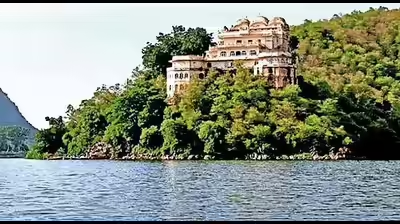
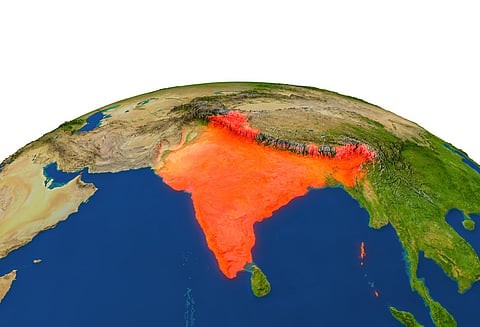
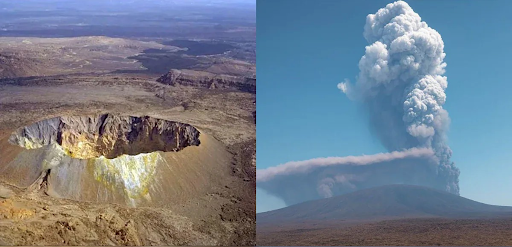
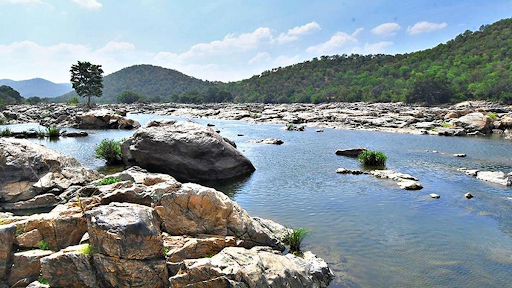

© 2025 iasgyan. All right reserved